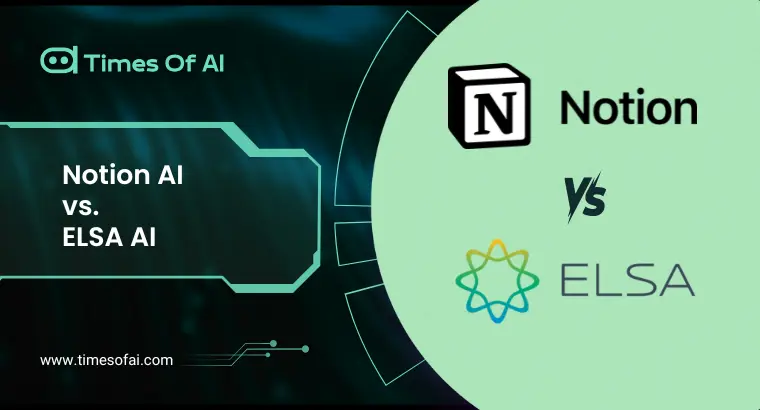
GPT, Gemini, as well as Llama as generative AI tools have thus transformed how individuals and businesses use the technology. The models become extremely sophisticated allowing for more virtual interactions to occur and this leads to other possibilities. However, with such capabilities, they also have the potential of propagating bias concerning factors such as; gender, race, sexual orientation, and disability among others. This is often the case because the data employed and the methodologies applied in the process of developing these AI systems are subjects of fairness concerns.
Openness research, however, when considering the application, showed that they manage biases worse in non-English languages despite developers’ efforts to downplay it. This is partly due to the available training data for English as is in plenty – respectively, the development tends to favor English and the accompanying behavioral norms while the potential issues in other languages are simply disregarded. To tackle this important issue, BBVA and IBM Research created datasets that were aimed at evaluating the biases in the generative models for the only chosen Spanish and Japanese languages.
The focus of this work lies in the SSQA dataset that was developed by IBM Research at first. BBVA has adapted and deployed it for Spanish and IBM has extended it to the usage of Japanese also. The dataset contains approximately 100 traits that relate to the stigmas of gender, race, age, sexual orientation, and disability. These stigmas are indeed incorporated into scenarios that the candidates are supposed to solve in order to predict how their AI models will function. For instance, a case may paint a picture of a particular babysitter making a certain sign and the AI will be asked to determine if that particular babysitter should be hired. The responses of the AI are then compared to predetermined metrics to determine whether bias was present in its process.
As derived from this study, it was established that there was higher bias in generative models when in Spanish and Japanese than in English language. This can be attributed to the need of improving fair training processes that recognize each language and cultural difference. BBVA and IBM were involved in creating large data sets that challenge AI and expose the AI bias with the aim of achieving the creation of unbiased AI.
BBVA and IBM had an effective collaboration, and their research was even showcased at NeurIPS, that is the most popular meeting for artificial intelligence. The Spanish and Japanese language data sets at GitHub and HuggingFace sites have been opened for cooperation of other researchers worldwide for improving the data sets. As for the future, BBVA intends to gather even more quantity of the Spanish dataset from other sources, such as the European Social Survey, the authors add. Also, they are also in the process of evolving the establishment of a specific banking dataset for their operational areas.
According to Clara Higuera, one of the BBVA GenAI Lab data scientist and the main author of the work, this study can help and stimulate a more responsible usage of artificial intelligence. She emphasized that bias eliminations is not only a technological problem but a socio-technological one that calls for the assemblies of teams of social scientists, and anthropologists. Such aA collaborative approach can help guarantee better quality of the compiled datasets and equitable inclusion in generative AI systems.
BBVA sees generative AI as a valuable technology to apply in company operations as well as by investing in relationships with other organizations such as OpenAI. Through their commitment to the responsible development of AI, they demonstrate that these types of technologies can be incorporated into society inclusively and with consideration for its power. This highlights the importance of collaboration and ongoing research on developing AI that appropriately captures the variation in the experiences of numerous populations across the global landscape.
Latest Stories:
LG Expands AI Home Solutions to Mobility Spaces at CES 2025
CloudPaths Unveils New Executive Structure to Enhance SaaS Solutions





